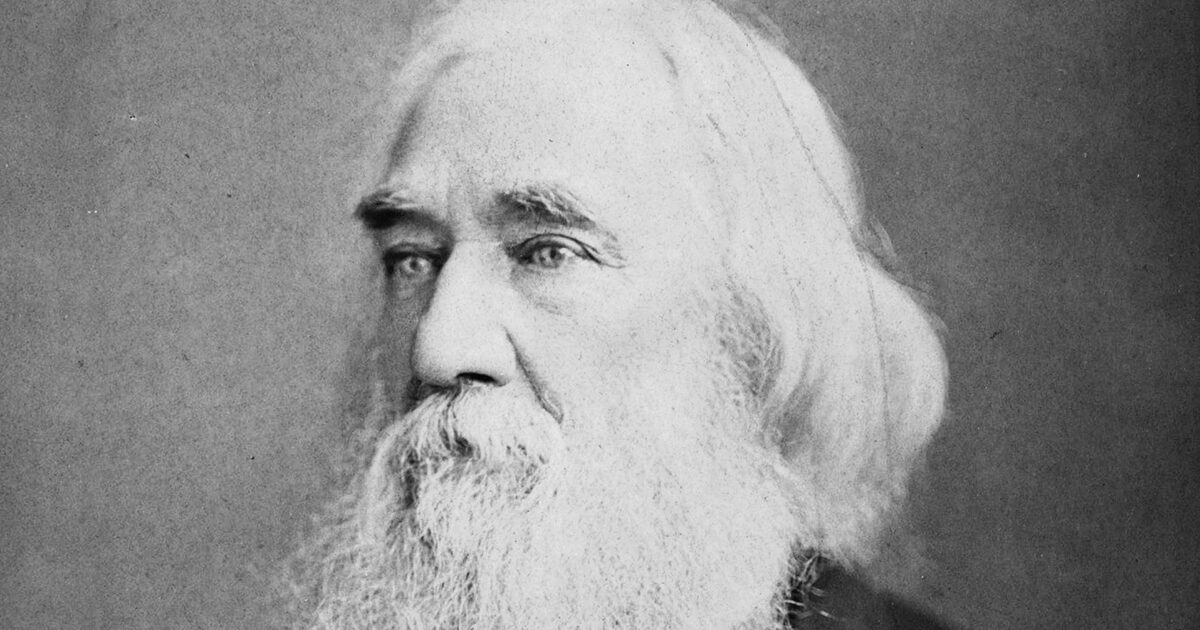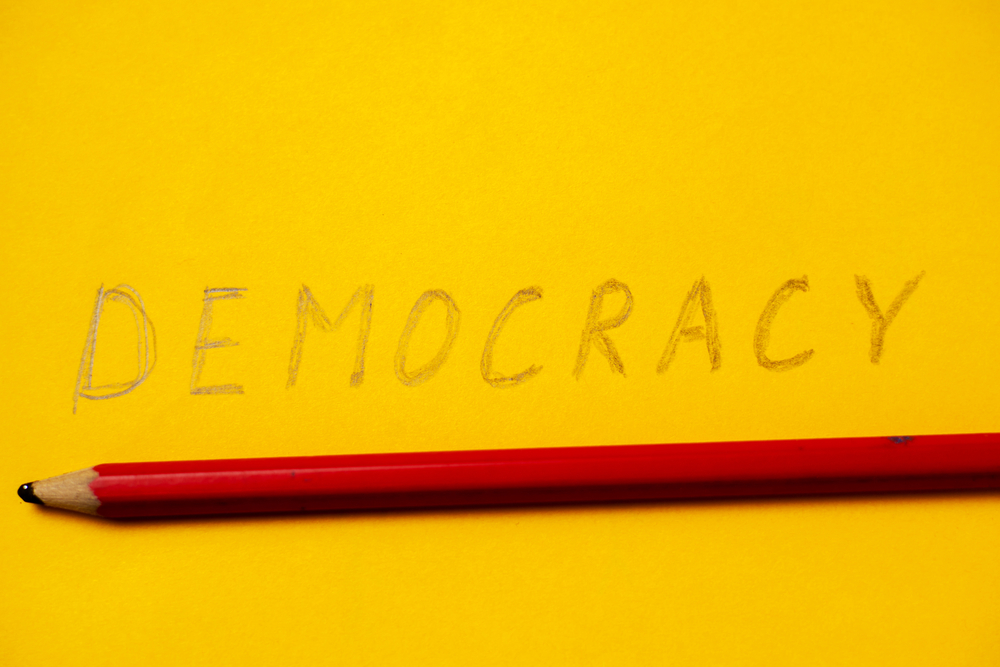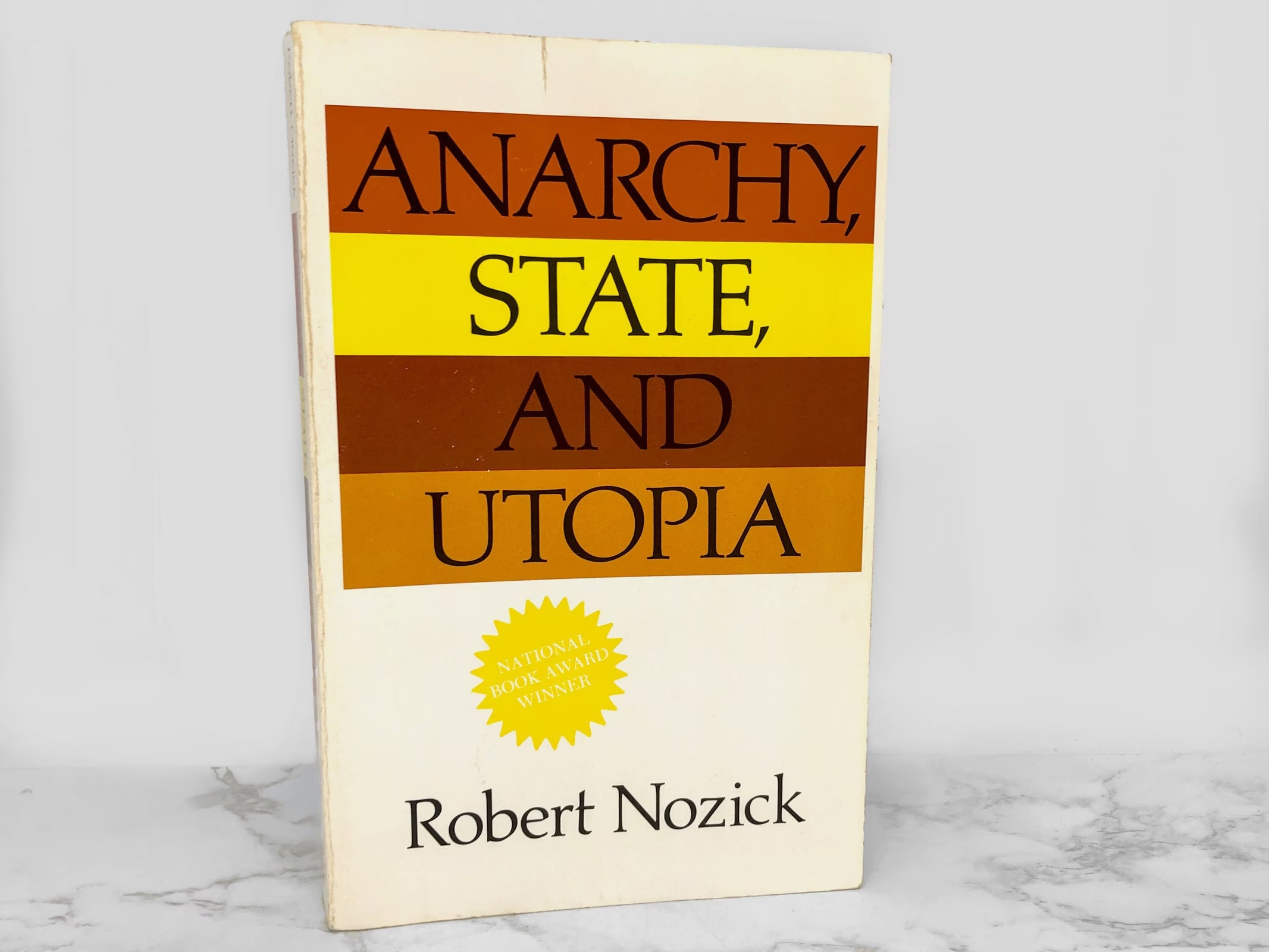The Trump administration has recently announced a preliminary tariff on soft wood products imported from Canada. Shortly after his pronouncement, establishment media outlets quickly began churning out hit pieces on the policy. These outlets correctly accused Trump of a regressive trade policy fueled by economic ignorance. They outlined the classical arguments for free trade as espoused by economists from David Ricardo all the way to Paul Krugman, and predicted the disastrous ruin of the American economy, should these policies be the basis for a new American project. Despite their efforts, nobody cares.
These efforts fall on deaf ears, not because of the ignorance of the American voter. On the contrary, it’s the punditry that seems ignorant of the plight of the rust belt that elected Trump. The establishment media has been proclaiming the benefit of free trade for decades, and middle class Americans have seen their jobs disappear. While workers were being told that free trade would be an economic boon, they’ve watched their economy fall apart. It would only be so long before the Washington consensus on trade would lose all credibility. That time seems to have arrived.
How Did We Get Here?
When an American auto worker looks at the concrete wasteland where his factory used to be, he has little use for lectures about comparative advantage. He hears that his factory has moved to China, not that cars will be less expensive now. If journalists and pundits continue to ignore the reality of American industry, their efforts will continue to fall short. Unfortunately, addressing structural defects of the American economy would require an understanding of the policies which led to them in the first place. It would also require a desire to change those policies.
Ever since Reagan’s strong dollar policy, Americans have been the beneficiary of globalism. Prices are much lower than they otherwise would be. This trend has led to the US being the largest per capita consumer on the planet. As a matter of fact, even the American poor have better access to many goods made in foreign markets (like china) than those workers who actually produce such goods. However, Americans did not just take these benefits in the form of lower prices. They took it in the form of unsustainable government spending and an out of control regulatory state. For most of this time, it happened without them even realizing it. The money was too good for too long. One by one under the weight of these new burdens, employers shipped their operations overseas.
“Where free trade should have brought high levels of natural price deflation, government borrowing and spending kept those prices high.”
At first, American workers just enjoyed their unemployment checks. They bought their X-Boxes and took their kids to see the baseball games. Some went into the bubble economies of the 90’s and 2000’s, as it was a quick way to generate wealth. Others just enjoyed the indirect effects from the boom. Gradually, however, time between jobs began to grow. Factories closed down, breadwinner jobs disappeared, and consumer credit went to unsustainable highs. Blame went around. Some blamed the Fed and interest rates. Some Blamed the failure of capitalism. And others blamed globalism and free trade. But what nobody seems to blame, even among those who know better, is that Americans have been greedy.
Americans have let themselves become so dependent on federal entitlements and domestic protectionism, they can’t bring themselves to accept that they have legislated themselves out of a job. In the 80s and 90s when they were begging for higher minimum wages and mandated employee benefits, they were sealing their fate. More importantly, because they refused to pay attention to government outlays, prices never adjusted to pass on the benefits that free trade ought to have brought. Where free trade should have brought high levels of natural price deflation, government borrowing and spending kept those prices high. As long as the money was there, it wasn’t a problem.
The only way to make a free trade argument in the current context, is to connect the shape of the American economy to these realities. Unless the Washington establishment makes changes to government policies, jobs will continue to flee overseas. And unless supporters of free trade can articulate what happened to these jobs, American workers will continue to blame the US government for allowing them to leave.











